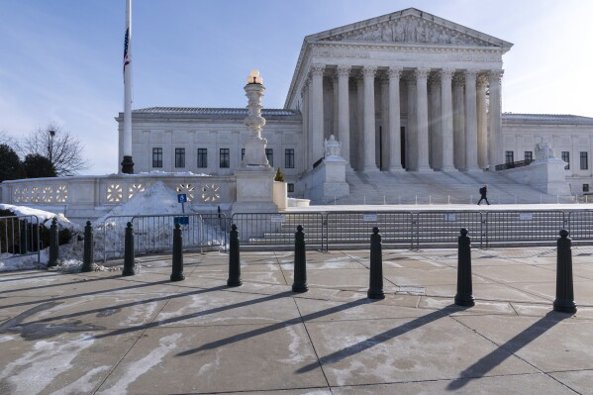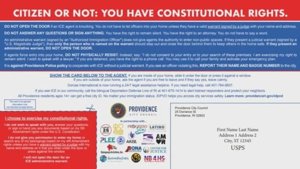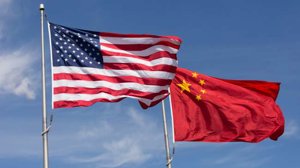
Supreme Court Reviews NJ Free Speech Subpoena Case
The Supreme Court will review whether a New Jersey probe of a pro-life nonprofit violated free speech rights.
Supreme Court to Decide Federal vs. State Jurisdiction
The Supreme Court announced on Monday that it will consider a high-profile case involving First Choice Women’s Resource Centers, a faith-based organization operating five centers for women with unplanned pregnancies. The group’s lawsuit alleges that New Jersey Attorney General Matthew Platkin infringed on its free speech rights by demanding extensive internal records, including information about donors.
The legal battle began when Attorney General Platkin subpoenaed First Choice, seeking records as part of an investigation into claims that the nonprofit misled women about available abortion services. First Choice objected, claiming the request was overly broad and “invasive,” potentially deterring donors and violating constitutional protections under the First Amendment.
In court filings, First Choice’s attorneys accused Platkin of being openly hostile toward pregnancy resource centers, asserting that he worked in tandem with Planned Parenthood—described as both a competitor and a leading abortion provider—to target organizations opposed to abortion. The nonprofit warned that Platkin’s actions could set a precedent for other state officials seeking to silence pro-life voices through legal pressure and exposure of sensitive donor data.
The dispute moved to federal court, where First Choice argued that complying with the subpoena would chill their ability to communicate with supporters. However, a lower federal court rejected their claims, and the U.S. Court of Appeals for the Third Circuit upheld the decision. The courts ruled that the matter should be addressed in state court before advancing federally.
Debate Over Scope and Intent of Subpoena
Attorney General Platkin defended the state’s actions by stating the subpoena was far less broad than depicted. According to Platkin, his office only requested the identities of donors who contributed through two specific websites, citing concerns that some donors may have been misled about the scope of services offered by First Choice.
Platkin also argued that the case was not ready for federal intervention since the state had not yet sought to enforce the subpoena in court. Nevertheless, First Choice’s attorneys emphasized that even the threat of enforcement places a burden on their organization’s right to free speech and association.
The Supreme Court’s decision to take up the case will clarify whether such investigations by state officials must first be adjudicated in state court or whether federal courts can intervene to protect constitutional rights at an earlier stage. The outcome is expected to impact how advocacy groups, both in New Jersey and nationwide, respond to government inquiries into their operations and supporter lists.
Oral arguments are scheduled to begin in October 2025. Legal analysts note that the Court’s ruling could establish important boundaries for state-level investigations involving politically sensitive topics such as abortion, privacy, and nonprofit speech rights.






